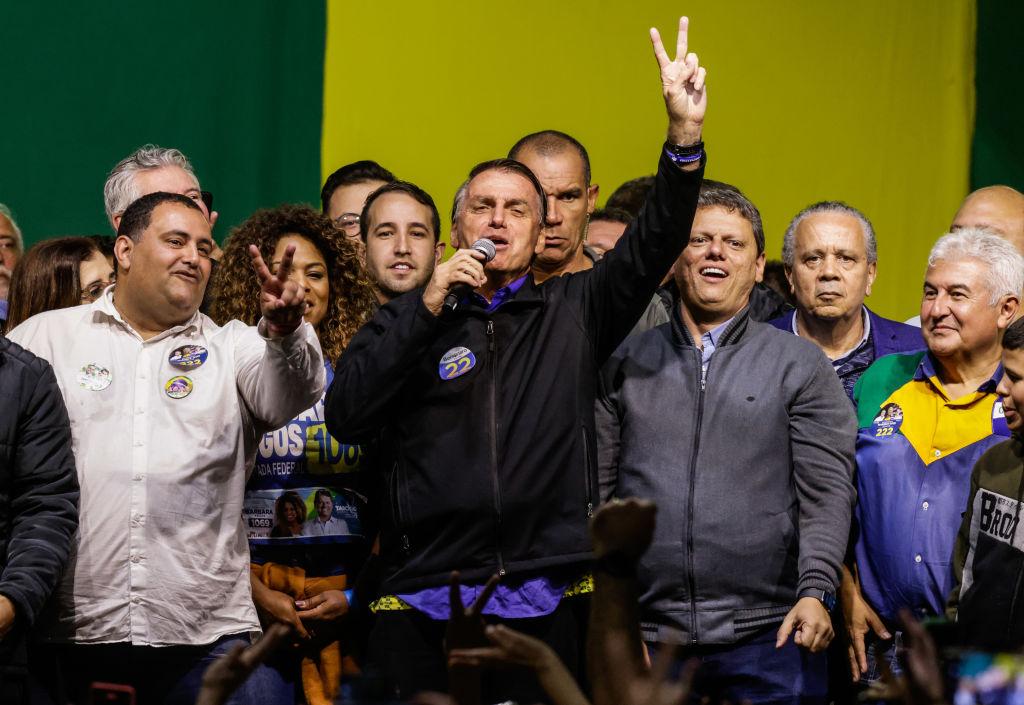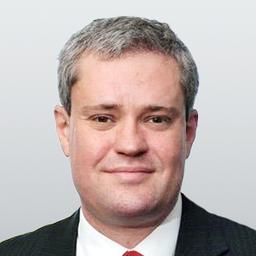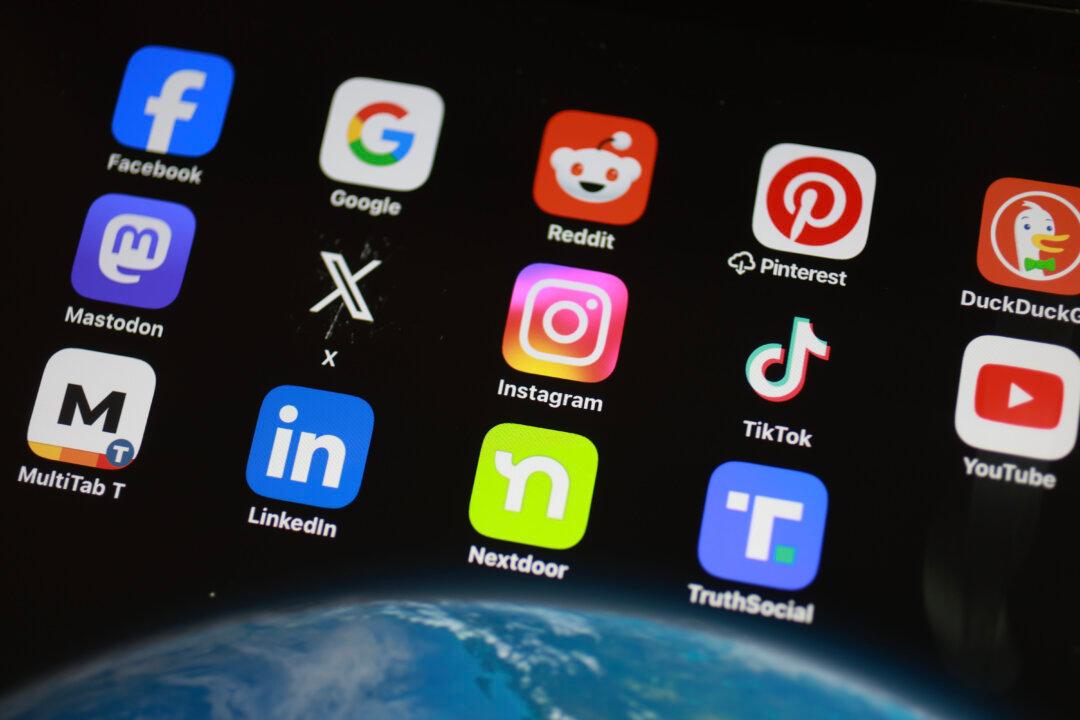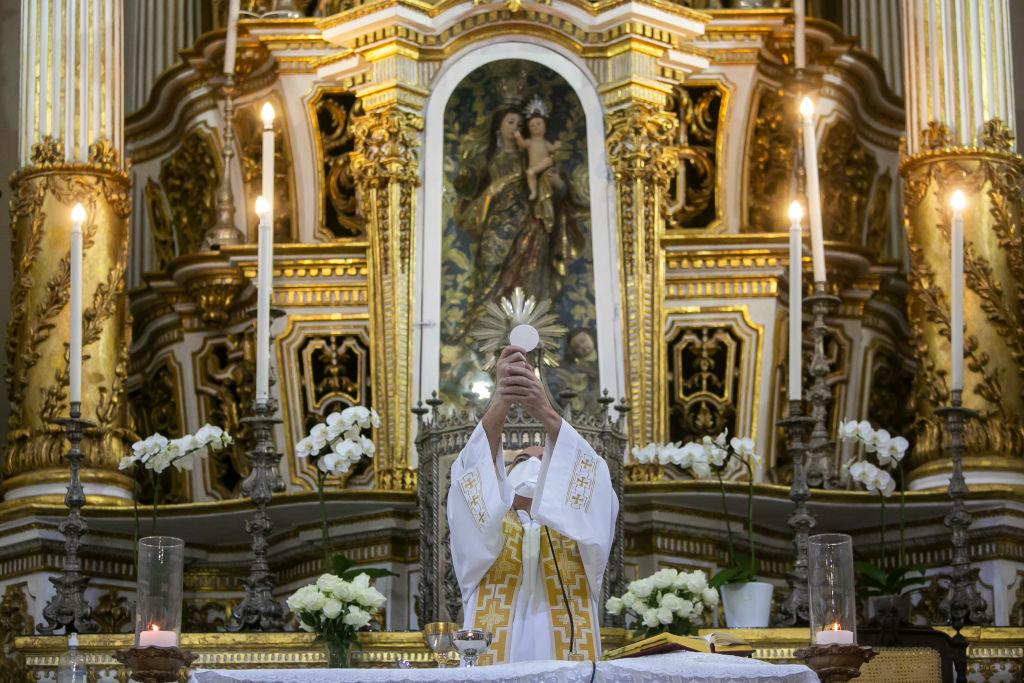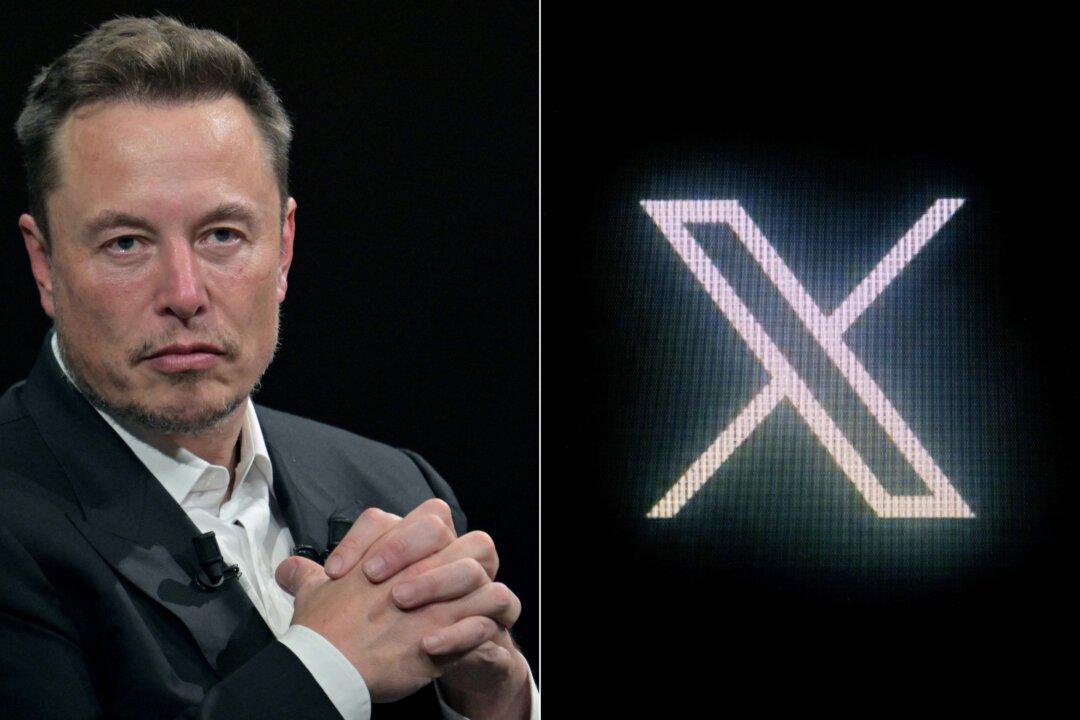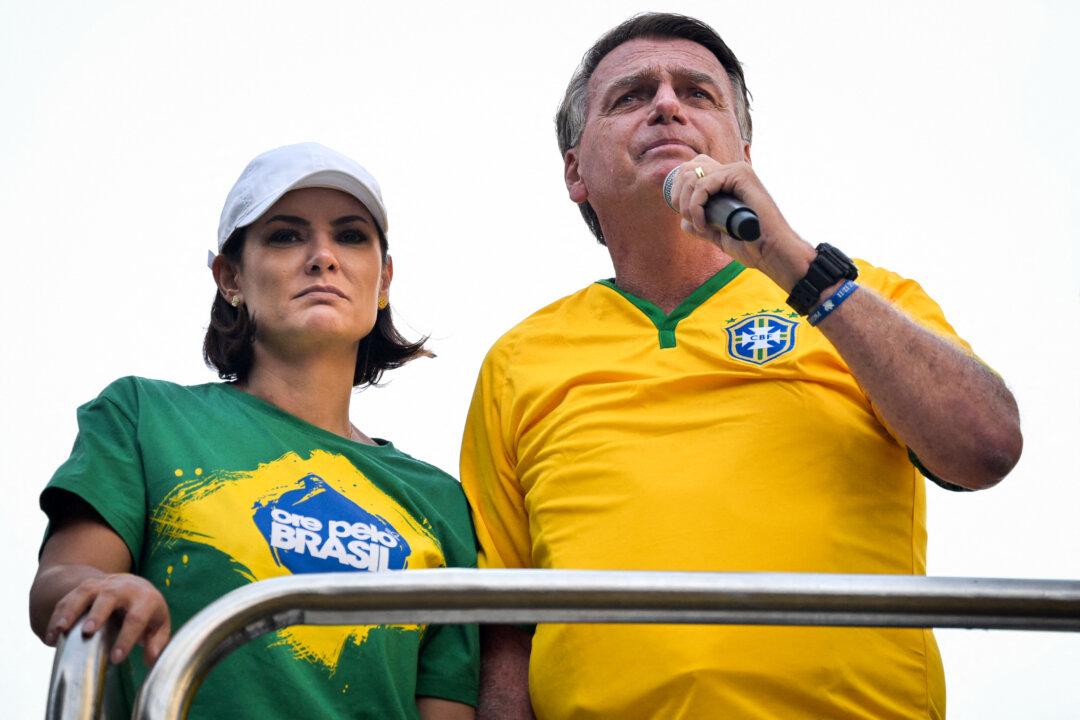Commentary
Brazil’s next presidential elections are scheduled to be held on Oct. 2—this Sunday. Many sectors of the media have accused the current incumbent, presidential candidate Jair Bolsonaro, of posing a threat to Brazil’s democracy. Indeed, he is widely depicted by the western media as a being “fascist” or worse intent on tyranny.
